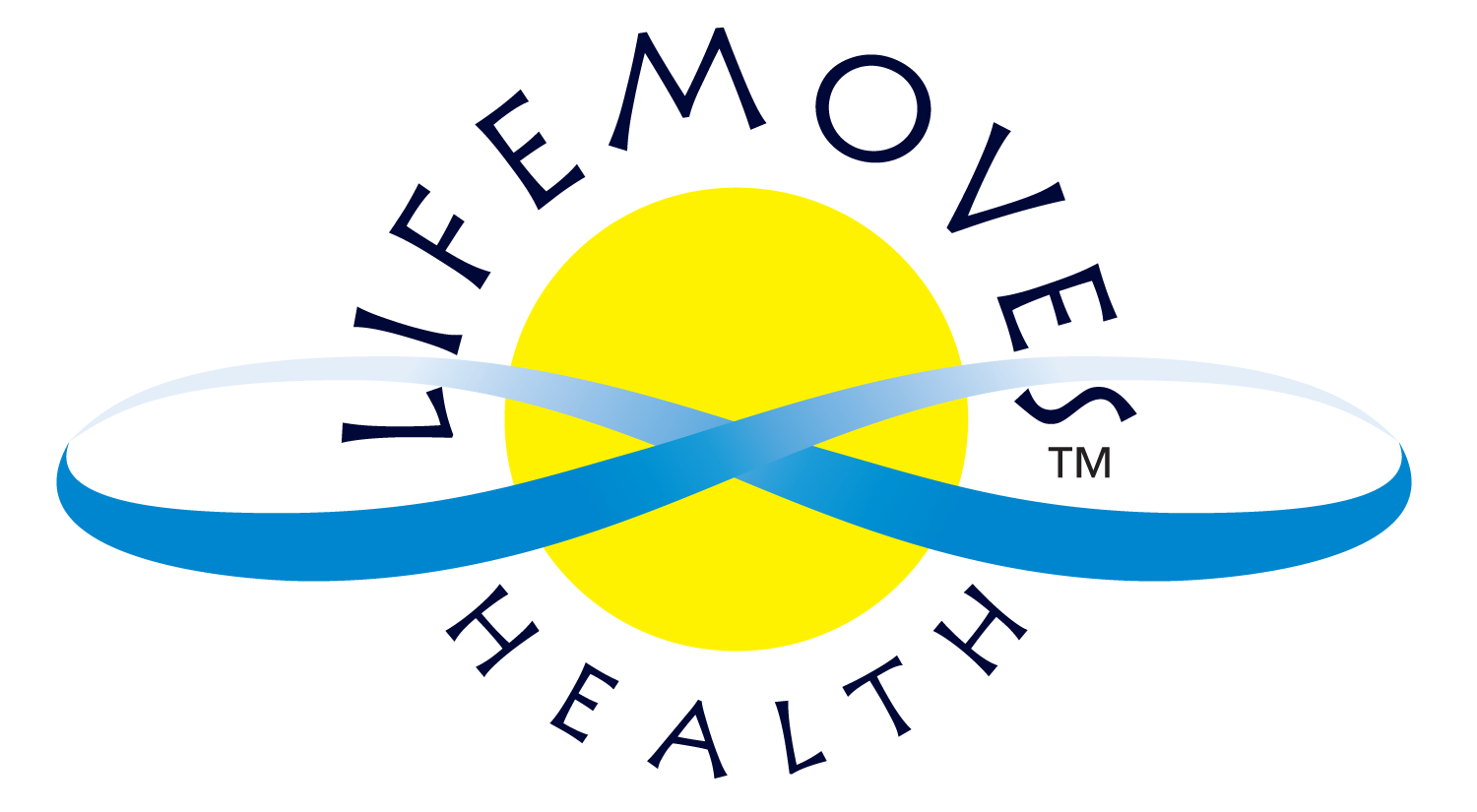Love And The Green Mile
Sometimes lessening someone else’s suffering can be the greatest relief for ourselves
Photo by Mahdis Mousavi via Unsplash
Spoiler Alert: This piece contains plot details from The Green Mile. If you haven’t seen it yet (and I highly recommend you do), you may wish to stop reading here.
I’ve been joking with my friends about the weather, saying that I’m glad I feel warmth in my heart because my hands and feet feel like ice most of the time these days. As chilly as it has been though, NYC has nothing on our neighbors to the north. I imagine I’m not the only one staying in and watching movies every chance I get.
The other night I watched (again) The Green Mile. It had been awhile since I’d seen Frank Darabont’s adaptation of Stephen King’s novel. As Maya Angelou would say, most of what I remembered from the first time was how the film made me feel: vulnerable, loving, angry, saddened, uplifted, reflective. The message and the characters touched me, perhaps as powerfully as John Coffey did to those he literally touched in the story.
I’ll admit to watching the same movie, over and over, if I come across it while I’m channel surfing. And always, there is more I take away for having re-experienced the story again. Sometimes, I see things in the encores that I hadn’t seen before, and sometimes, the encores refresh moments that moved me the first time and which I’d simply forgotten.
Last night, I watched as the moment drew nearer when John Coffey is to walk the Green Mile and be executed for a crime he did not commit. The prison officers and guards on his cellblock had witnessed John’s inherent goodness, his miraculous ability to see inside people, to heal them, and the generous heart that compelled him to share this gift to help people whom he didn’t even know. They were unable to prove his innocence or to reconcile how they were to carry out their role, which was to escort him to and oversee his execution. How could they be a part of an unjust act which brings about such pain and darkness?
As happened so often in the film when someone was suffering, the officer and guards of Cellblock E turned to John. John knew these men did not want to hurt him, and in fact, were the only ones who saw him with love. So what did he do to ease their pain? He loved them back. When the prison officers “Boss Edgecomb” and “Boss Howell” (played by Tom Hanks and David Morse) came to his cell to find out what they could do for him, John sensed their distress and told them not to worry. Boss Edgecomb, who ran Cellblock E, wracked from the injustice, asked John,
“On the day of my judgment, when I stand before God, and he asks me why... did I ... did I kill one of his true ... miracles... what am I going to say? That it was my job? It was my job...”
John Coffey answered that Edgecomb is to reply that he is doing John a service by executing him, and explained,
“I'm tired, boss. Tired of bein' on the road, lonely as a sparrow in the rain. I'm tired of never having me a buddy to be with, to tell me where we's going to or coming from, or why. Mostly, I'm tired of people being ugly to each other. I'm tired of all the pain I feel and hear in the world every day. There's too much of it — it's like pieces of glass in my head, all the time. Can you understand?”
Edgecomb and Howell tried to absorb what they were hearing. Listening to John, I felt like I understood. He was tired. Depleted by loneliness and experiencing acts of people being ugly to each other incessantly, he’d had enough. It’s draining to bear witness to constant unkindness and conflict, let alone to be the sole bearer of positivity in the presence of so much darkness.
I wanted to tell John that he had finally found his people. The people who ran Cellblock E could see him for who he was. They valued him, appreciated his gifts and supported his wellbeing. I wanted to tell John to take a nap and then go on, rather than give up. I felt like the world needed him still. And then I realized that my reasoning wasn’t very compassionate towards John. It was also unfair to ask him to try escaping (as was offered by Edgecomb), as a means to ease the injustice because, in the end, they would all still carry a burden. The guards would face severe, life-altering repercussions for John’s escape and it was no real freedom for John either. John deserved to be free though, and he deserved compassion too. In light of the situation, I began to consider that perhaps the most openhearted act towards John might be to let him rest for good.
There was something else about John’s response. It may have been true enough that he was tired, but as I thought about this gentle giant, it seemed to me that even in that pivotal moment of his life, John recognized the suffering of those around him and chose to alleviate it through yet another act of love. I was struck by his choice to do relieve the guards’ torment, even as he faced his own destruction. His acceptance to follow through, rather than fight his execution, seemed to bring him some peace, yet I can’t help imagining that the burden he eased most was that of his caretakers.
It occurs me now too, as I write about a story filled with themes of love and compassion, how fitting it is that the “Mile” is green.
After all, green is also the color of the heart chakra.
RIP, John Coffey.

